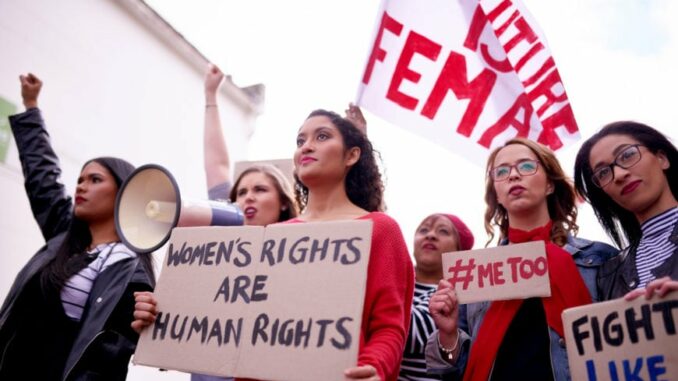
All around the world, women and girls suffer from various and intersecting forms of discrimination that deny them their full enjoyment of fundamental human rights. The right to freedom of expression and information (the right to freedom of expression) has an essential role in ending inequality and other forms of gender-based discrimination. In recent years, the Internet has grown substantially and has created new spaces for exercising the right to freedom of expression. It has offered women and girls new opportunities to make their voices heard. However, discrimination against women and the violation of their rights is also occurring online and has created new ways to perpetuate discrimination, harassment, and abuse. Technology has been used to silence women and lock them out of public debates through different forms of attacks. Not only do these attacks reinforce inequality but they have a severe impact on freedom of expression as they drive women offline, limit their journalistic reporting and, inevitably, their ability to challenge discrimination and inequality in society. ARTICLE 19 believes that the full enjoyment of the right to freedom of expression is essential to tackle these problems. Creating an environment where women can participate in online and offline debates will not only counter online harassment but also protect their freedom of expression, benefiting women and society at large.
The briefing paper offers an overview on how to ensure the protection of the right to freedom of expression and the protection of women’s rights and balance possible conflicts between two rights. In the paper, ARTICLE 19 reminds States of their international obligations set out in international and regional human rights treaties and encourages digital companies to abide by the rules set out in the UN Guiding Principles on Business and Human Rights. It describes the legal and policy framework relating to freedom of expression in the context of women’s rights and provides recommendations to States and private actors on how to protect the right to freedom of expression alongside the right to equality and non-discrimination.
